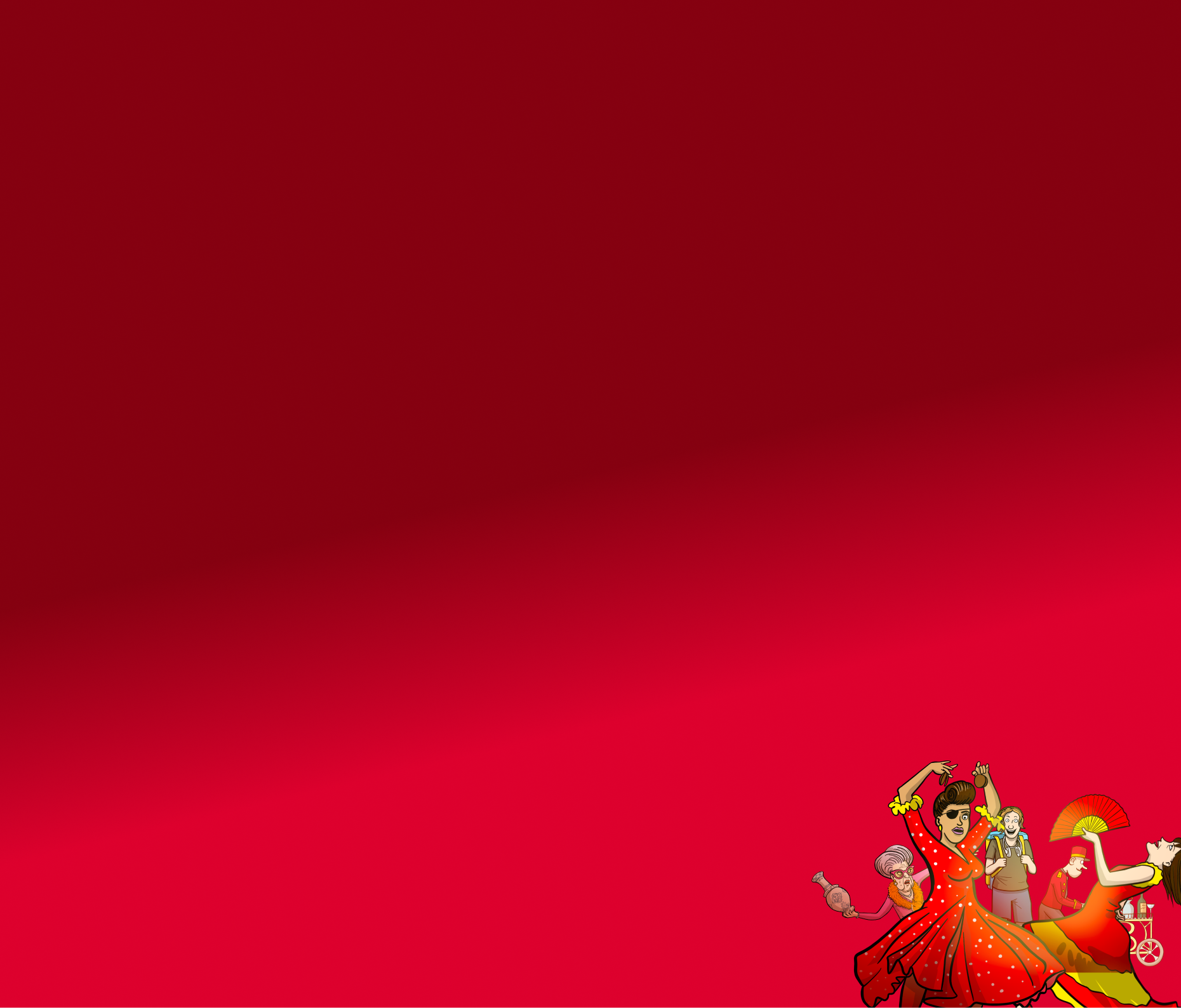Augmentatives and diminutives
Augmentatives refer to something large, or intensify the meaning of a word. Diminutives refer to small things, or can be used to express affection.
Nacho es un buenazo = muy bueno
Nacho is a really nice guy.
He visto un pajarito = pájaro pequeño
I saw a little bird.
Augmentatives and diminutives indicate 'bigness' and 'smallness'. They are formed by adding suffixes to nouns and adjectives.
Fuimos a ver un peliculón (película)
We went to see a great movie.
Mi perro es muy pequeñito (pequeño)
My dog is teeny tiny.
The main suffixes for the augmentatives: -ón/ona, -ote/ota, -azo/aza.
Ana está tristona (triste)
Ana is very sad.
Estoy leyendo un librote de mil páginas (libro)
I’m reading a huge 1000-page book.
Magda es una buenaza (buena)
Magda is a very good person.
The main suffixes for the diminutives: -in/ina, -ito/ita, -illo/illa.
La piscina es muy chiquitina (chica)
The pool is tiny.
¿Quieres una cervecita fresquita? (cerveza/fresca)
Do you want a nice cold beer?
Hay un jardincillo al final de la calle (jardín)
There’s a little garden at the end of the street.
Note: in some cases you can use different augmentative/diminutive endings with the same word: buenazo/buenote (nice guy), pajarito/pajarillo (little bird).
Still facing difficulties with 'Augmentatives and diminutives'? Learn and enhance your Spanish grammar through our online Spanish course. Start with a free test and improve today!
What our users say:
Improve your Spanish further and test Hotel Borbollón, online Spanish lessons.

